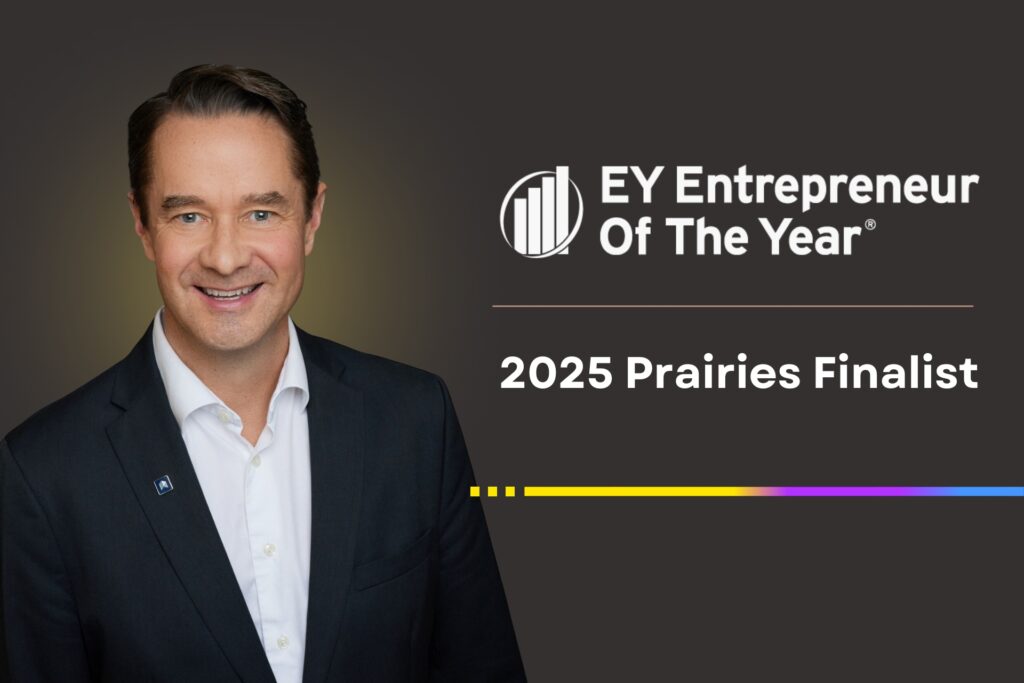Recruiter-Hiring Manager Collaboration: Strengthening Hiring Outcomes with Feedback
Share This Article
In the complex world of recruitment, staffing firms and recruiters frequently play a leading role, guiding the process while client companies and their hiring managers collaborate closely to ensure successful outcomes. Effective feedback between these two pivotal parties is the key to a harmonious and successful recruitment process. This article dives deep into the nuances of this relationship, highlighting how constructive feedback can lead to better hiring outcomes.
Understanding the Dynamics of Staffing Firm-Client Feedback
A recruiter and client relationship is a partnership that thrives on clear, consistent communication. Feedback in this context is a two-way street: staffing firms provide insights on the labour market and candidate pool while hiring managers offer specifics about their organizational needs and expectations.
The Role of Feedback in Improving Hiring Processes
Tailoring Candidate Selection
Feedback from hiring managers on the profiles presented by staffing firms is invaluable. It helps recruiters understand the technical skills required and the cultural and personal attributes that would make a candidate a good fit for the company. This nuanced understanding leads to more efficient and targeted candidate selection.
Refining Recruitment Strategies
Regular feedback sessions help staffing firms refine their recruitment strategies to better align with the client’s needs. This could involve adjusting sourcing methods, reevaluating screening processes, or rethinking the interview structure.
Effective Feedback Practices
Structured Communication
Establishing regular, structured feedback sessions ensures that both parties are on the same page. This could be through weekly check-ins, post-interview debriefs, or quarterly reviews.
Actionable Insights
Feedback should be specific and actionable. Instead of general comments like “the candidates aren’t a good fit,” more detailed feedback like “candidates need stronger experience in X software or Y industry” is far more effective.
Overcoming Challenges in Feedback Exchange
Bridging Communication Gaps
Miscommunication or a lack of understanding can hinder effective feedback. It’s important for staffing firms to fully understand the client’s industry, company culture, and specific role requirements. Similarly, hiring managers should be open to understanding the challenges and constraints recruiters face.
Balancing Objectives
Staffing firms often work with multiple clients and candidates, while hiring managers focus on their specific organizational needs. Balancing these differing objectives through clear and honest feedback is crucial for a successful partnership.
Leveraging Technology in Feedback
Advancements in technology, such as HR analytics platforms and AI-driven feedback tools, can significantly enhance the feedback process. These tools can provide real-time insights, streamline communication, and even predict staffing needs based on trend analysis.
Effective feedback between staffing and client companies is the cornerstone of success in staffing and recruitment. By fostering a culture of open communication and continuous improvement, both recruiters and hiring managers can create a more efficient, targeted, and successful hiring process. As the industry evolves, embracing technological advancements in feedback collection and analysis will further strengthen this vital partnership.




